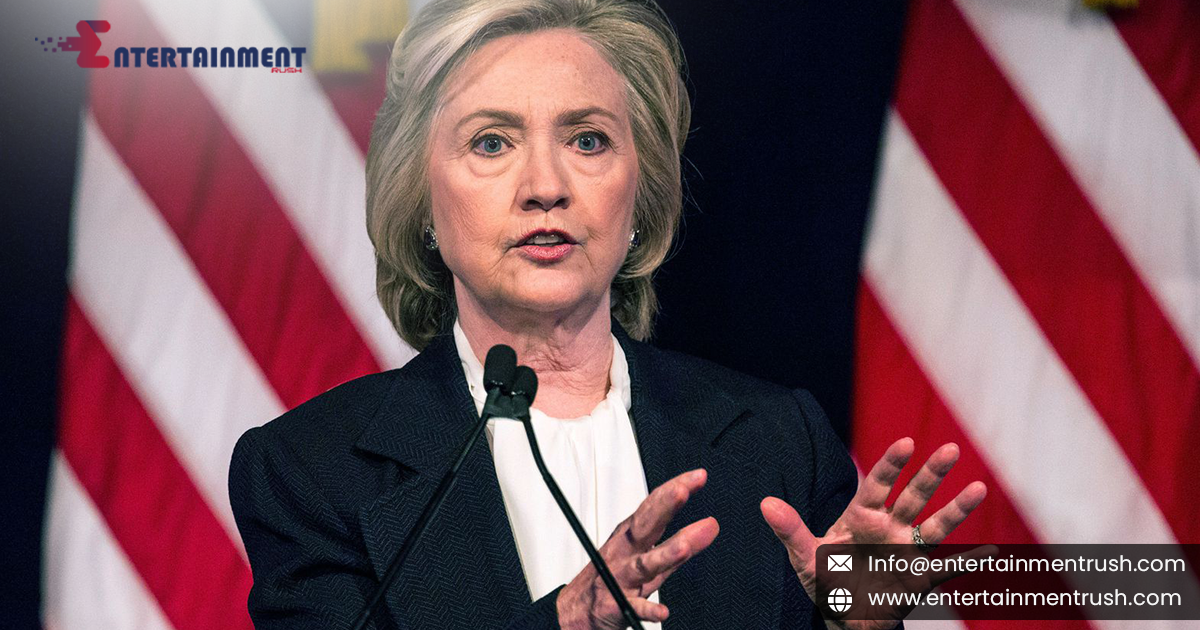Advancing women’s representation in US politics faces numerous hurdles, including structural barriers that impede women’s progress in seeking elected office. From fundraising disparities to gender biases in media coverage, women candidates often confront obstacles that their male counterparts do not. Moreover, the lack of institutional support and mentorship further complicates matters, hindering women’s ability to succeed in the political arena. Addressing these structural barriers necessitates a concerted effort to level the playing field and create a more inclusive and equitable political landscape.
Cultivating a Culture of Support
Another crucial aspect of advancing women’s representation in US politics involves cultivating a culture of support and encouragement for women candidates and leaders. This includes providing training and resources for aspiring women politicians, as well as fostering networks of support and mentorship within the political community. Empowering women to navigate the political landscape and equipping them with the tools and support they need to succeed are essential steps in breaking down barriers and opening up opportunities for women to thrive in politics.
Confronting Discrimination
Advancing women’s representation in US politics requires a commitment to addressing systemic issues of discrimination, and misogyny that persist in political discourse. Women in politics often face disproportionate levels of scrutiny and criticism compared to their male counterparts, ranging from online harassment to overtly sexist rhetoric. Challenging these attitudes and behaviors and promoting a culture of respect and equality in political discourse are crucial in creating a more inclusive and welcoming environment for women in politics.
Intersectionality and Inclusivity
Increasing women’s representation in US politics entails addressing intersectional issues of race, class, and sexuality that affect women’s experiences in politics. Women of color, LGBTQ+ women, and women from marginalized communities often encounter unique challenges and barriers to political participation and representation. Centering the voices and experiences of these women and addressing the intersecting forms of discrimination and oppression they face are vital steps toward a more inclusive and representative political system.
Strategic Imperative for Democracy
Ultimately, advancing women’s representation and engagement in US politics is not only a matter of fairness and justice but also a strategic imperative for building a more robust and responsive democracy. When women are adequately represented in government, policies are more likely to reflect the diverse needs and perspectives of the population as a whole. By bridging the divide and striving for gender parity in political representation, we can create a stronger, more inclusive democracy that genuinely represents the interests and aspirations of all Americans.




Leave feedback about this